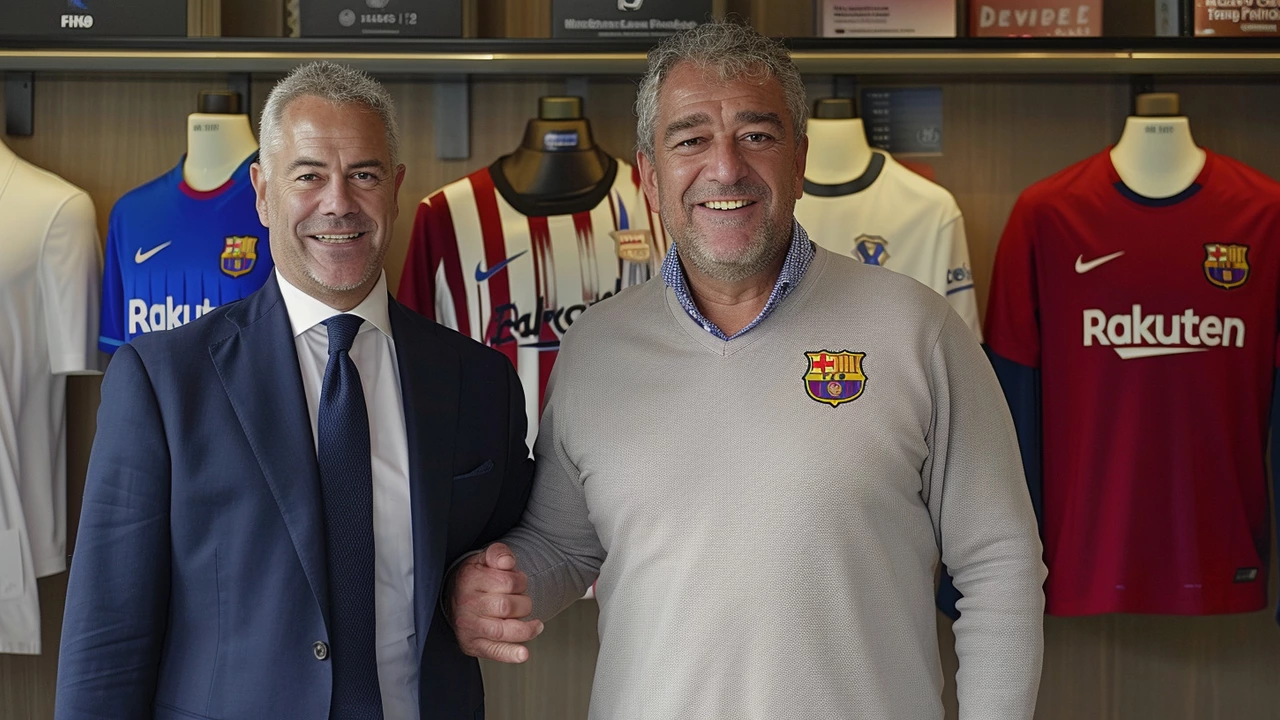Football Management: Real‑World Tips You Can Use Today
Ever wonder how the best football managers turn a squad of mixed talent into a winning machine? It’s not magic – it’s simple habits, clear plans, and a bit of people‑skill. Below you’ll find straight‑forward steps you can start using right now, whether you run a youth side, a semi‑pro club, or just dream about the Premier League.
Build a Squad That Matches Your Style
First thing on the list is knowing what kind of football you want to play. Do you love high‑pressing, quick passes, or a solid defensive shape? Once you have a clear identity, look at each player’s strengths and weaknesses. A striker who thrives on fast breaks doesn’t belong in a possession‑heavy system, and a defender who loves to step out of the line will struggle in a low‑block setup.
Use a simple spreadsheet: column A – player name, B – primary position, C – key traits (speed, vision, stamina), D – preferred role in your system. Spot the gaps and decide whether you need a new signing, a loan, or simply to retrain a current squad member. Remember, quality over quantity – a smaller group that knows the game plan beats a larger, confused roster.
Daily Coaching Routines That Stick
Coaching isn’t just a weekly session on the pitch. The best managers keep a rhythm that players can count on. Start each training day with a 5‑minute focus drill: a quick passing circle, a set‑piece routine, or a defensive shape walk‑through. Follow with the main objective – maybe a tactical drill for the next opponent – and finish with a short fitness burst.
Give feedback instantly. Instead of waiting until after the session, tell a player “great timing on that run” or “let’s keep the foot on the ball a second longer.” Quick, specific praise builds confidence faster than vague compliments. Also, keep a short video clip (30‑60 seconds) of the session and share it with the squad. Seeing the action helps players understand what they did right or wrong.
Finally, schedule a 10‑minute team talk at the end of each week. Cover three points: what went well, what needs work, and the focus for the next match. Keep it tight – no long speeches – just clear takeaways.
Beyond drills, a manager’s job is to manage personalities. Some players respond to data, others to motivation. Take a few minutes after each session to chat one‑on‑one. Ask “How are you feeling?” or “What can I do to help you improve?” Those small talks often reveal hidden issues before they become big problems.
In short, successful football management boils down to three habits: define a clear playing style, match your squad to that style, and embed consistent, bite‑size coaching routines. Stick to these basics, tweak as you learn, and watch your team grow. Whether you’re aiming for promotion or just want a tighter youth side, the same principles apply. Ready to put them into action? Grab that notebook, sketch your plan, and start training smarter today.
 31 May 2024
31 May 2024
Barcelona Names Hansi Flick as New Manager: Club Faces New Era
Barcelona has appointed former Bayern Munich and Germany boss, Hansi Flick, as their new manager on a two-year deal. Flick takes over from Xavi, who was dismissed after criticizing the club's finances. Known for his intense playing style, Flick faces challenges including Barcelona's financial troubles.
Latest Posts
-

Early November Snow Hits Europe: Experts Warn of Unusual Winter Risks
-

Is it possible to put 2 stretchers in the ambulance?
-

No Reviews for 'Wicked: For Good' Yet — Release Imminent, Embargo Holds Critics at Bay
-

IBM and Lewis Hamilton’s Mission 44 Launch AI Skills Program Ahead of F1 U.S. Grand Prix
-

How can I become a race car driver in the U.S?
0